For the first time in two years, on Aug. 19, members of Royal River Conservation Trust gathered at Skyline Farm in North Yarmouth, where they celebrated ongoing conservation projects and collaborations and raised $12,000 for land conservation efforts.
Since 1988, RRCT has assisted in the conservation of more than 5,000 acres in the region of the Royal River watershed and Casco Bay in the area of Yarmouth, North Yarmouth, Pownal, New Gloucester, Gray, Auburn and Durham.
“That’s a big accomplishment for a very small land trust,” said board President Mark Power. “We’ve worked with many conservation partners, including Maine Farmland Trust, Maine Coast Heritage Trust, Maine Department of Inland Fisheries and Wildlife, neighboring land trusts and local communities.”
For example, Maine Coast Heritage Trust, Freeport Conservation Trust and RRCT are together fundraising to protect a salt marsh and create a new public preserve in Yarmouth. This Cousins River Fields and Marsh Project is an effort to conserve 82 acres, including 19 acres of salt marsh, on the corner of Granite Street Extension and Old Country Road.
“It’s a fragile ecosytem – and an important one in the lifespan of many marine species,” said David Kennedy, a longtime land conservationist from North Yarmouth.
Another longtime conservationist, Katrina Van Dusen, who recently retired as executive director of Freeport Conservation Trust, received the 2021 Conservation Champion Award, an honor that comes with a wooden paddle.
“Katrina has been a friend, support and inspiration to me,” said RRCT Executive Director Alan Stearns.
Van Dusen has been involved with Freeport Conservation Trust for 27 years – and counting. “Side by side,” she said, “Freeport Conservation Trust and Royal River Conservation Trust have conserved important pieces of land and made trail connections.”
These small land trusts are part of a much larger network, as demonstrated by keynote speaker Betsy Cook, state director of the Trust for Public Land, a national nonprofit that creates parks and protects land to ensure healthy, livable communities.
“During the pandemic, we have seen people flock to parks and public spaces day after day in huge numbers,” Cook said. “We’re seeing the demand and asking ourselves, do we have the supply of publicly accessible open space to meet this need?”
If we are talking about equitable access, Cook said, the answer is no.
“Even though we’re surrounded by trees, green space and trails, over 65 percent of Maine people still don’t live close to publicly available open space, especially in lower income neighborhoods,” she said. “And our communities are literally feeling the heat. Cities like Portland and Biddeford and many other towns have recently become heat islands this past summer, seeing temperatures 6 degrees warmer than any other summer in Portland, primarily due to lack of tree cover and the heat-absorbing infrastructure and cement. Open space can both mitigate climate change and counter the impacts by addressing things like this heat island effect.”
Amy Paradysz is a freelance writer and photographer based in Scarborough. She can be reached at amyparadysz@gmail.com.
Send questions/comments to the editors.

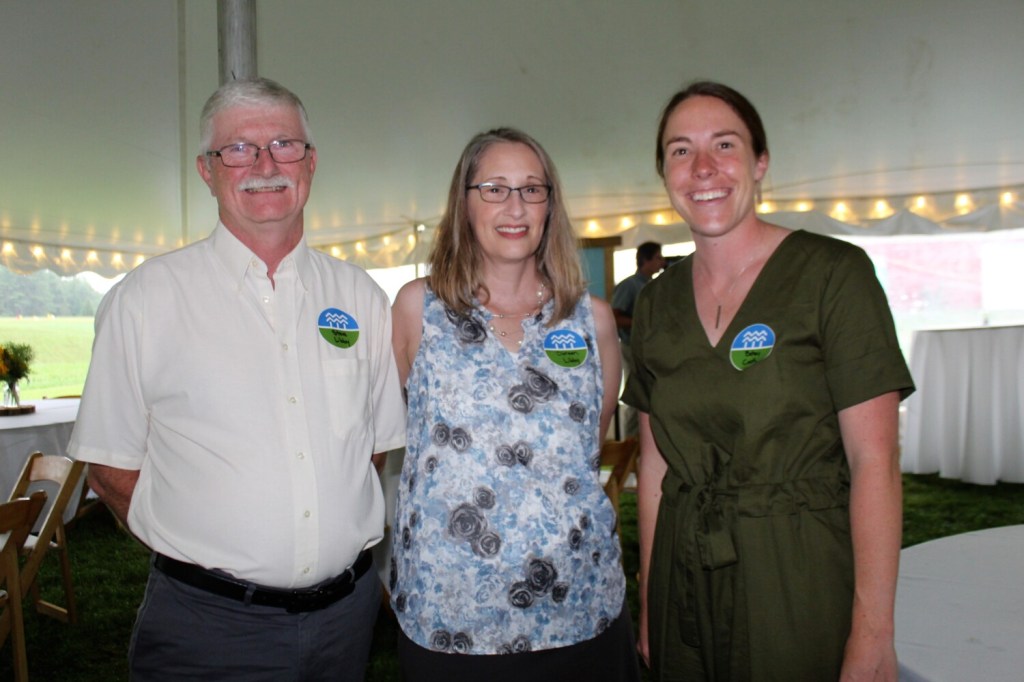
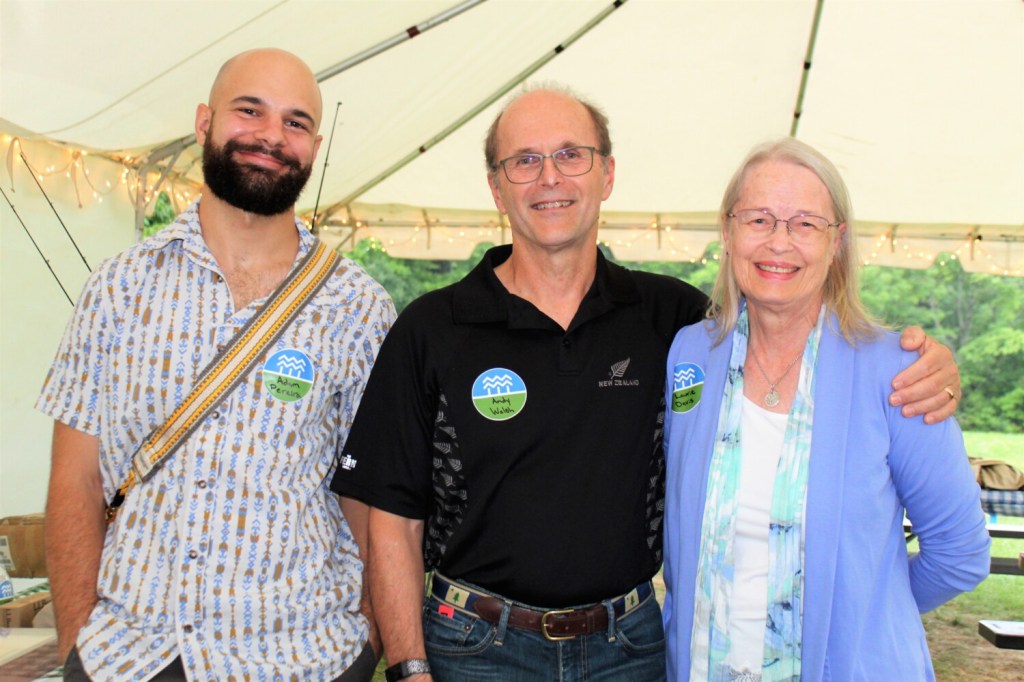
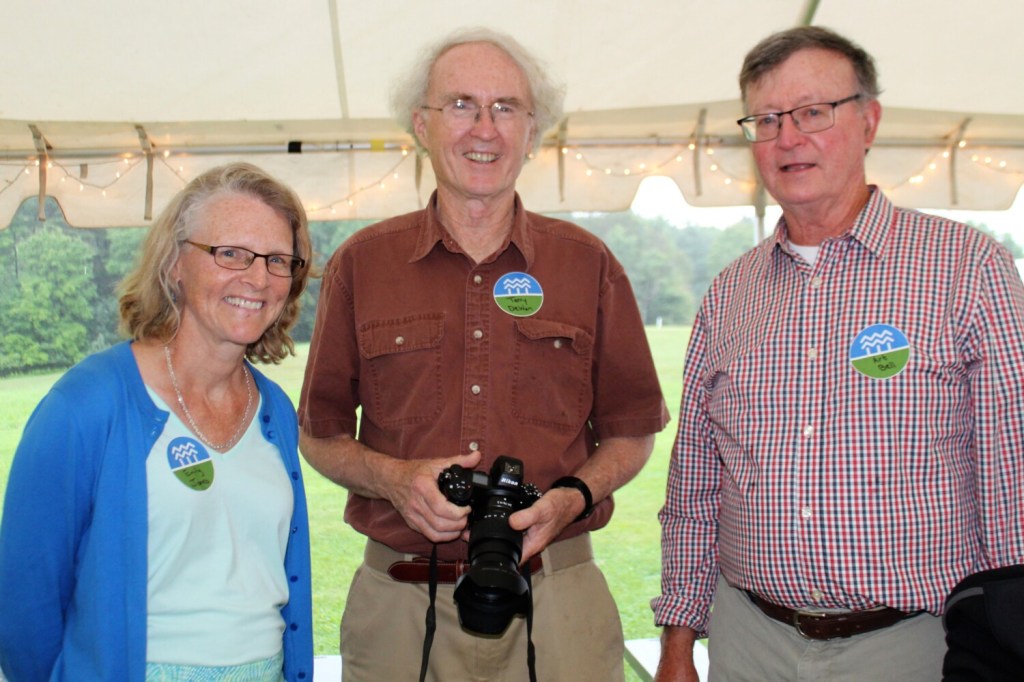
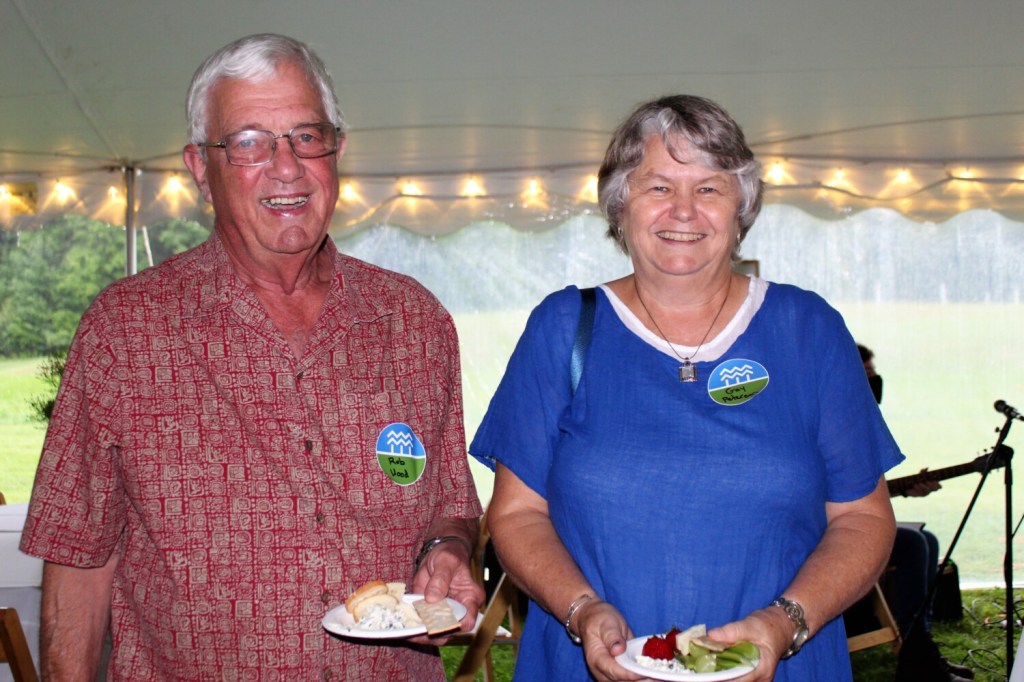
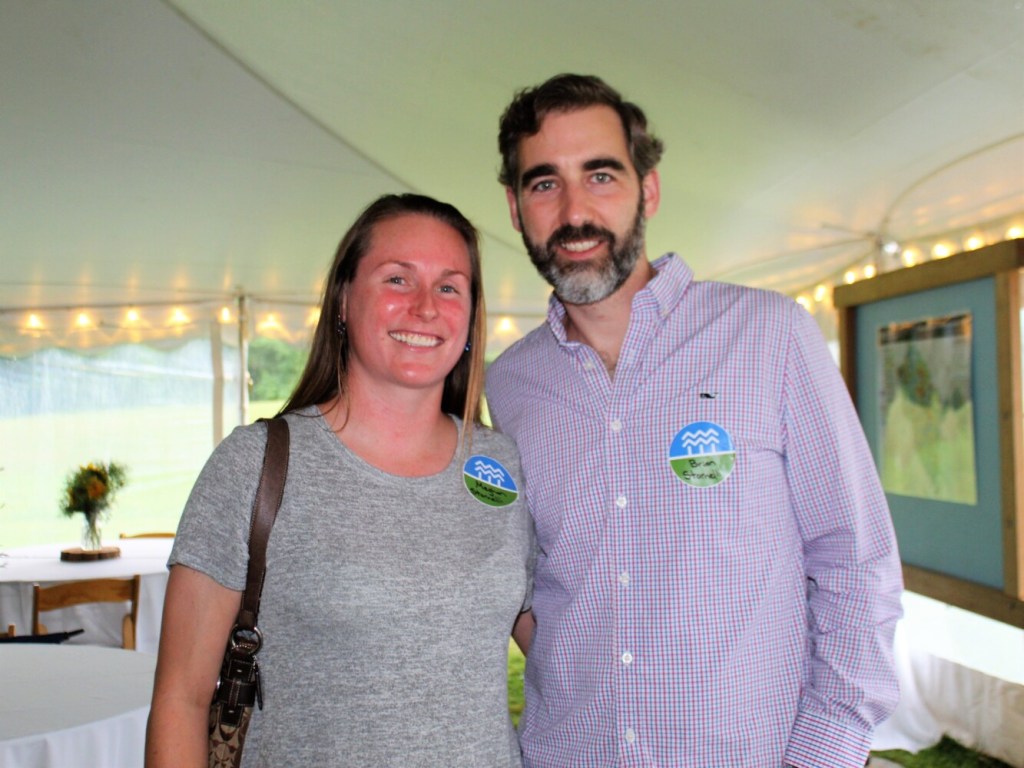
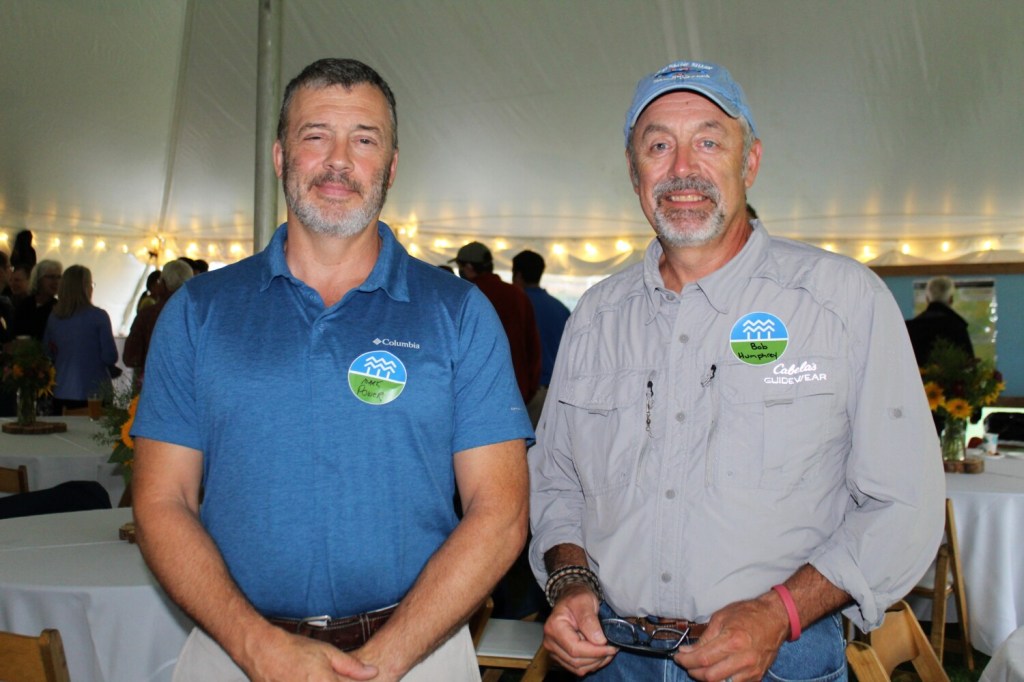
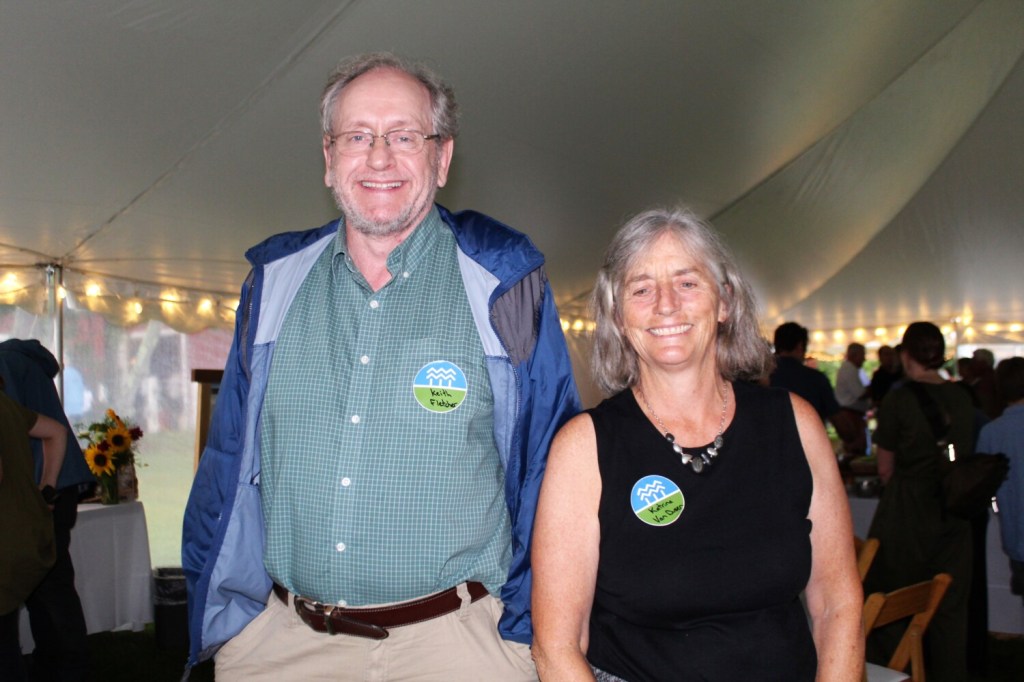
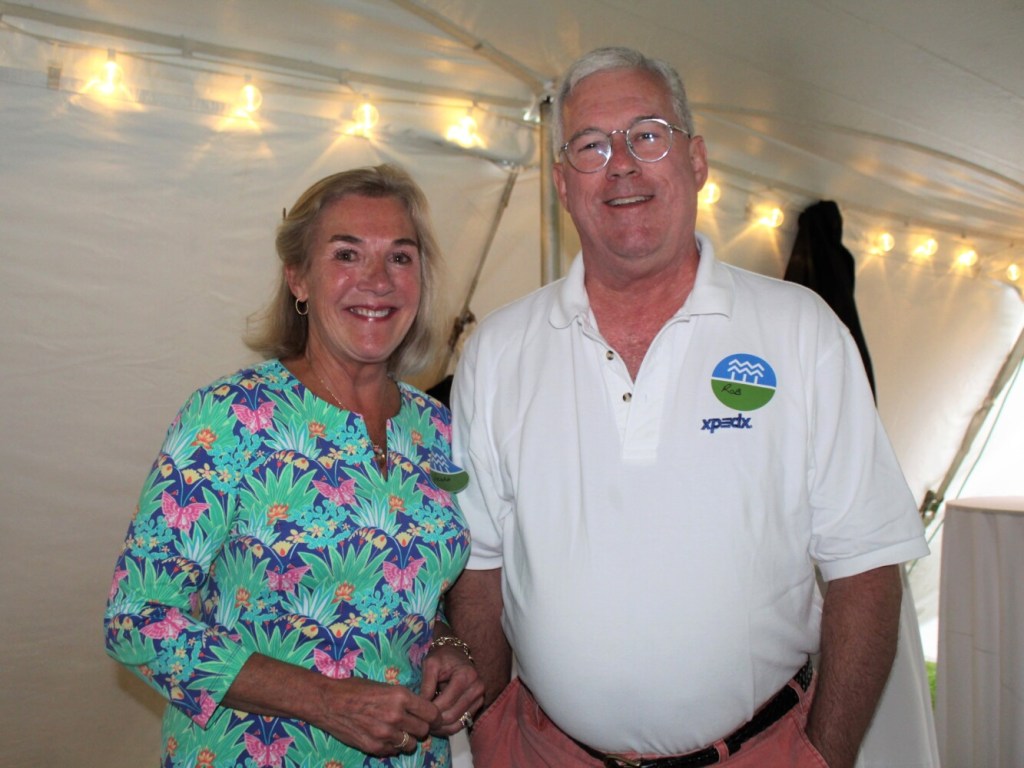
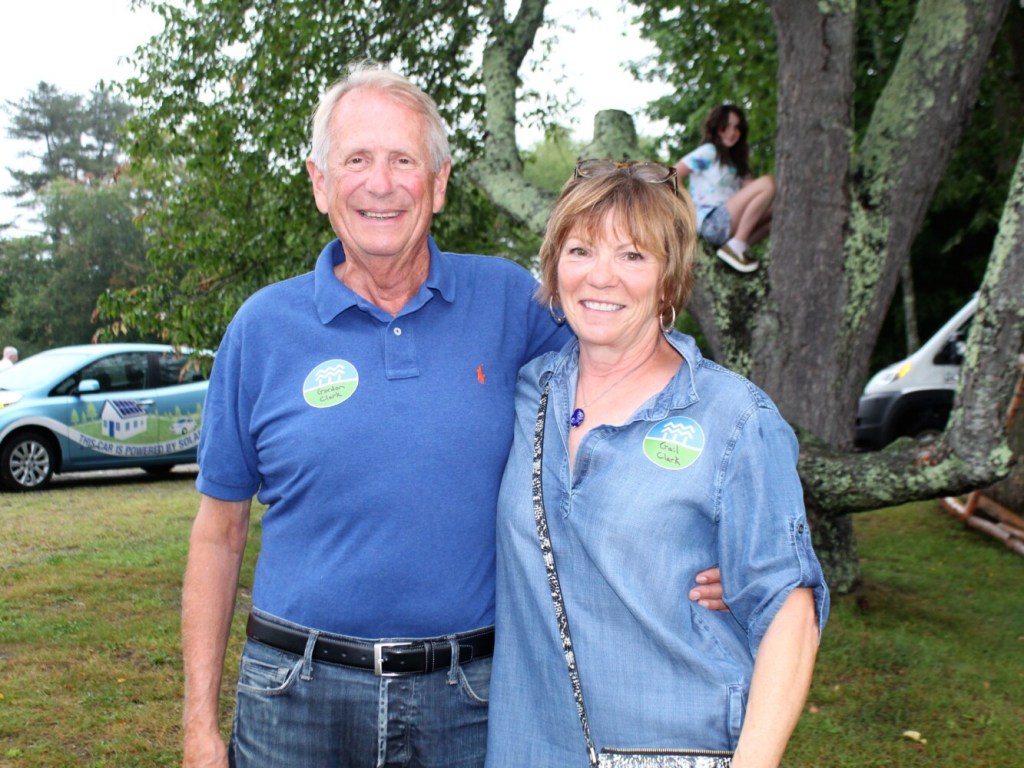
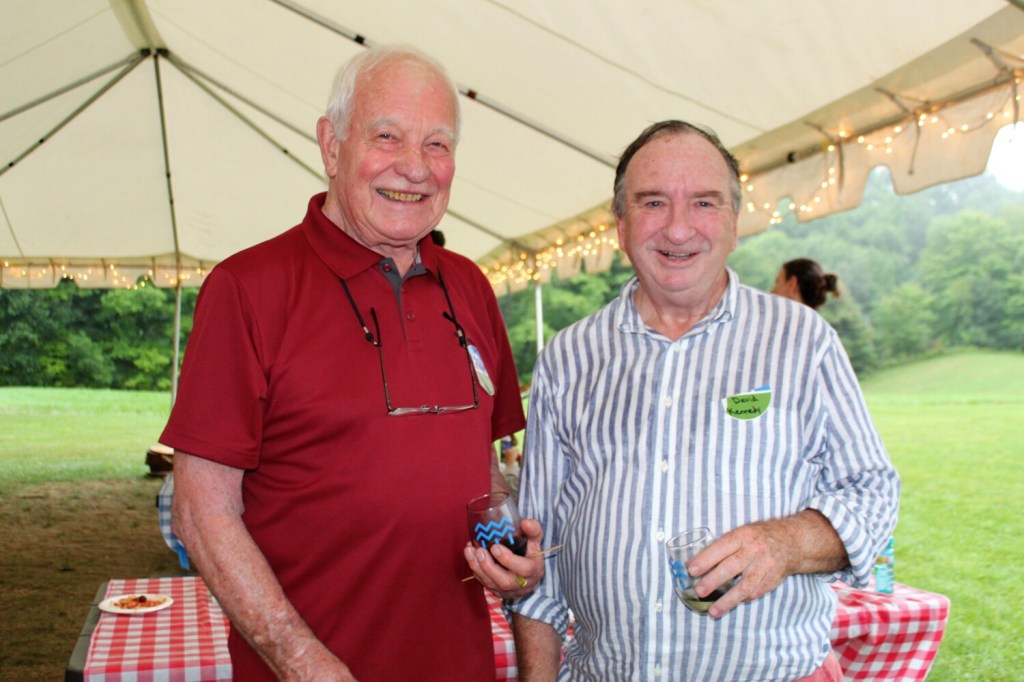
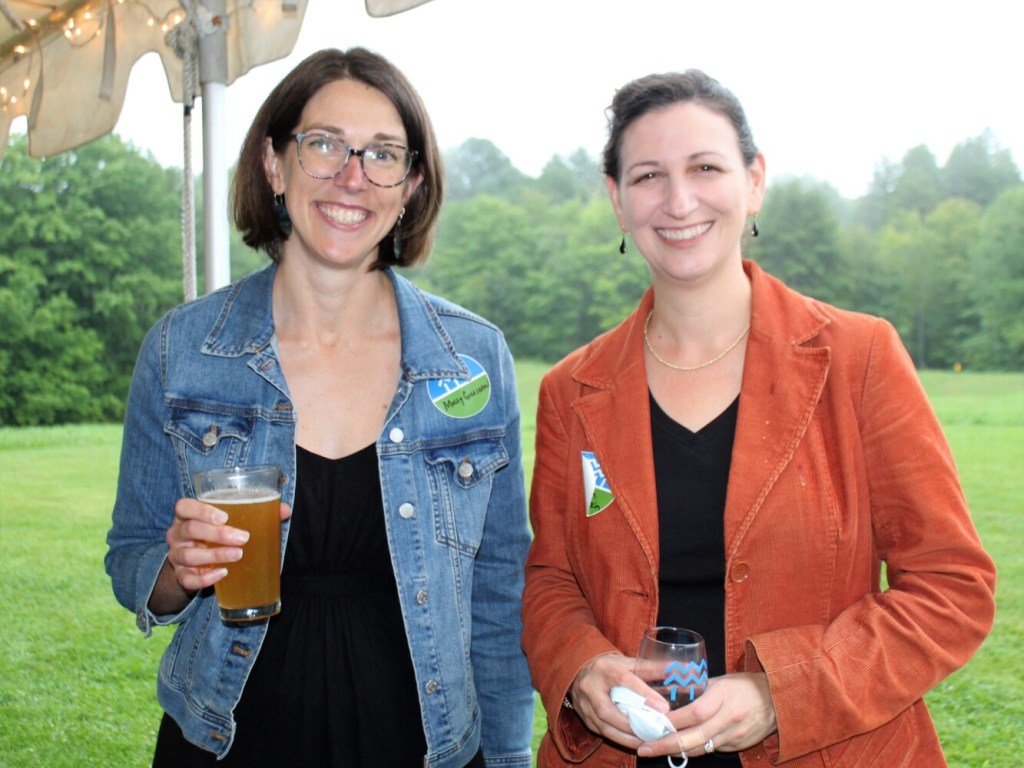
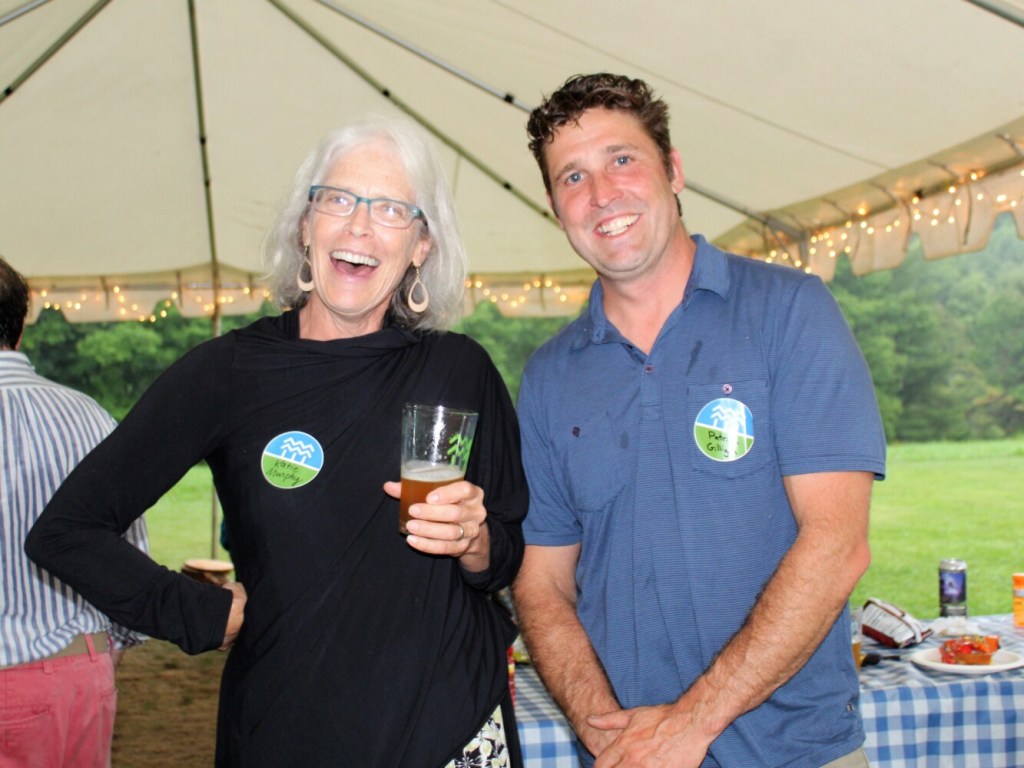
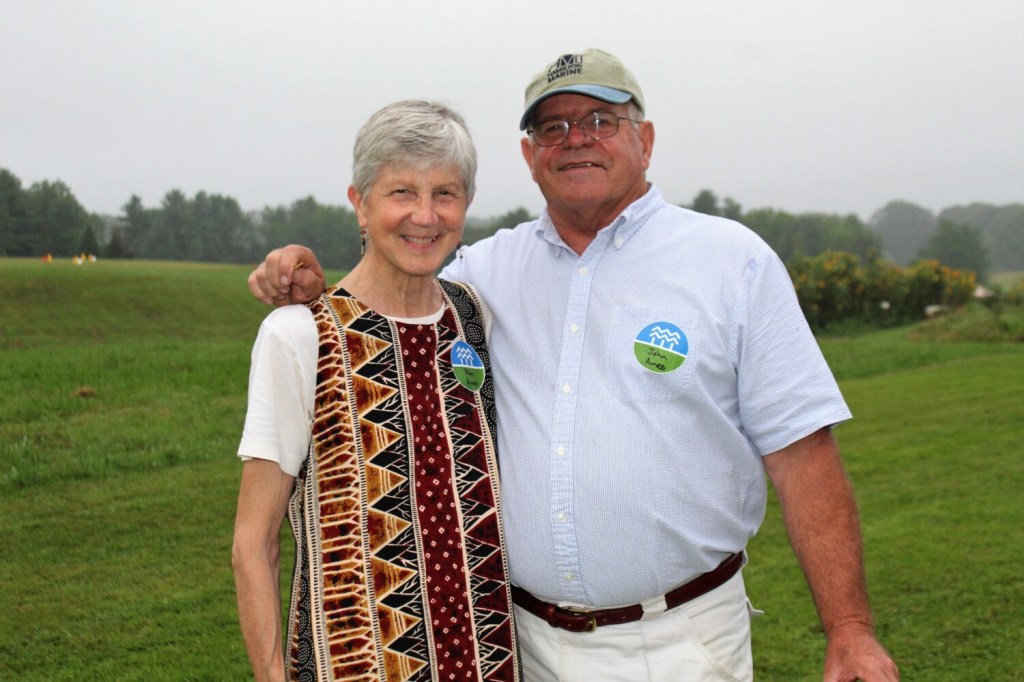
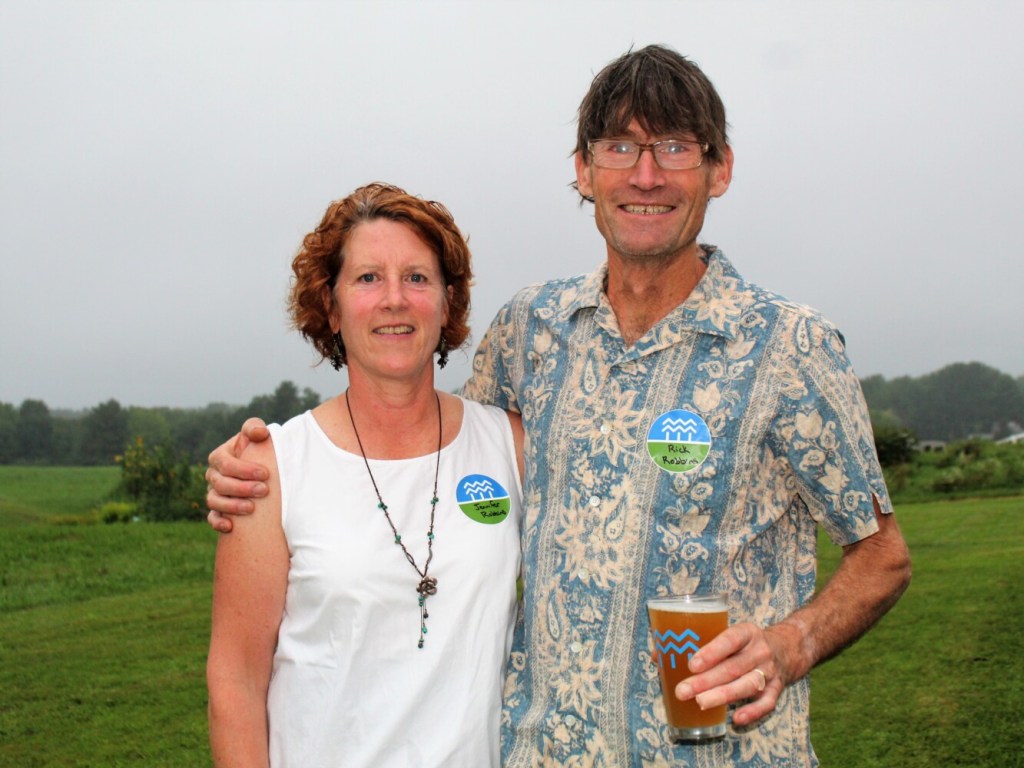
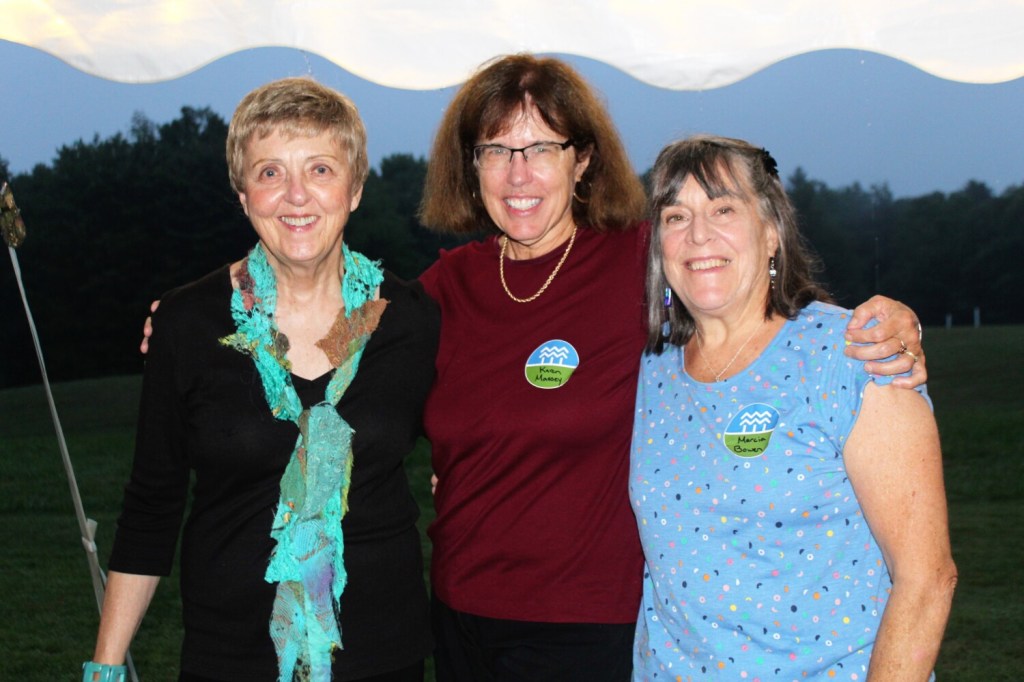

Success. Please wait for the page to reload. If the page does not reload within 5 seconds, please refresh the page.
Enter your email and password to access comments.
Hi, to comment on stories you must . This profile is in addition to your subscription and website login.
Already have a commenting profile? .
Invalid username/password.
Please check your email to confirm and complete your registration.
Only subscribers are eligible to post comments. Please subscribe or login first for digital access. Here’s why.
Use the form below to reset your password. When you've submitted your account email, we will send an email with a reset code.